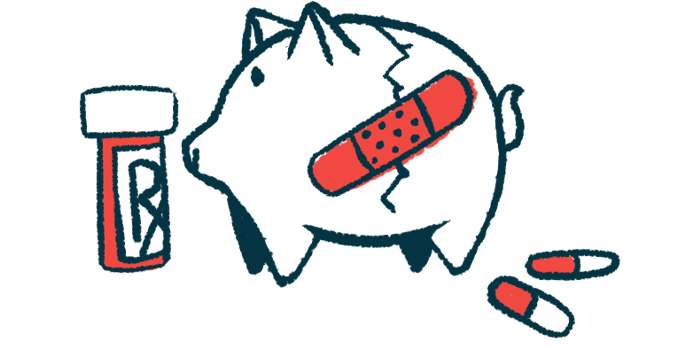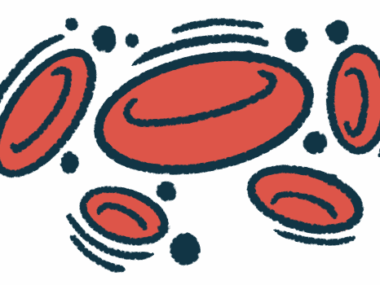Researchers: Cost of Soliris could be ‘catastrophic’ in Nepal, elsewhere
Cost of 1 year of treatment at approved dosing schedule is over $100K
Written by |

The high cost of Soliris (eculizumab) is likely to have catastrophic consequences for people with paroxysmal nocturnal hemoglobinuria (PNH) in Nepal and other places with limited healthcare resources.
That’s the argument a team led by scientists in Nepal made in the Orphanet Journal of Rare Diseases, in the letter to the editor “Eculizumab for paroxysmal nocturnal haemoglobinuria: catastrophic health expenditure in Nepalese patients.”
Soliris was the first medication to win widespread approval for treating PNH. The therapy, which is administered via an infusion into the bloodstream, works by blocking the activation of the complement cascade, a part of the immune system which drives blood cell destruction in PNH. It’s marketed by AstraZeneca.
The scientists called Soliris a “miracle drug for patients with PNH,” noting it’s proven to substantially reduce the need for blood transfusions and lower the risk of thrombotic (clotting-related) complications that have been the most common cause of death in PNH.
It comes with a high price tag, however. A single 300 mg vial costs $1,600 (2 lakh rupees). At this price, the cost of one year of treatment at its approved dosing schedule would be more than $100,000.
Its price has largely been attributed to its designation as an “orphan drug,” that is, one that’s meant to treat rare diseases. Because of this, “pharmaceutical companies have arbitrarily given it a very high price tag,” the researchers wrote.
Soliris cost is ‘catastrophic health expenditure’
In Nepal, the government offers subsidies to help cover the cost of treatments for certain diseases. At present, the available subsidy is only about $800. This means in Nepal and other countries where most people don’t have access to reliable health insurance, most healthcare costs must be paid out of pocket.
There is no solid data on how common PNH is in Nepal, the researchers noted. Only four cases have been documented in the medical literature, but it’s highly probable that the condition is not being diagnosed there because necessary medical tests aren’t accessible.
Nonetheless, given Soliris’ high price, it’s likely that the cost of treatment could represent a “catastrophic health expenditure” — meaning that more than 40% of nonfood household expenditures would be used to cover healthcare costs — for most families in Nepal.
“In Nepal, major noncommunicable diseases such as diabetes, asthma, and heart disease are often associated with catastrophic spending in the poorest households. Therefore, it is well understood that expenditure for rare drugs such as [Soliris] can be catastrophic to the majority of the Nepalese population,” they wrote, noting better health insurance infrastructure and/or tax-based prepayment mechanisms should address these issues. Even in the best-case scenario it would take years to get these systems up and running, saddling patients with high costs in the meantime.
Even with future insurance and assistance programs, patients still are likely to see high out-of-pocket costs if Soliris remains at its current price. Therapy manufacturers have a responsibility to lower costs to improve access, they said.
“Moving forward, the acquisition of the drug by the public system could be the best way to combat the overpricing of the drug. This could still turn out to be quite expensive per patient for low- and middle-income countries like Nepal, and in this regard, manufacturers must resort to price reduction strategies for such countries,” they wrote.
In the four cases of PNH reported in Nepal, none of the patients were treated with Soliris because they couldn’t access it, said the researchers, who put into stark terms how people in the country are struggling to access a medication that’s been approved for more than a decade, even as companies are already pouring resources into developing next-generation complement inhibitors in the U.S. and other wealthy nations.
“Despite revolutionizing the treatment of PNH with well-established efficacy and safety, [Soliris] has not been established as the mainstay of treatment in Nepal’s PNH patients,” wrote the scientists, who called for efforts to make the lifesaving therapy more accessible to people worldwide.






